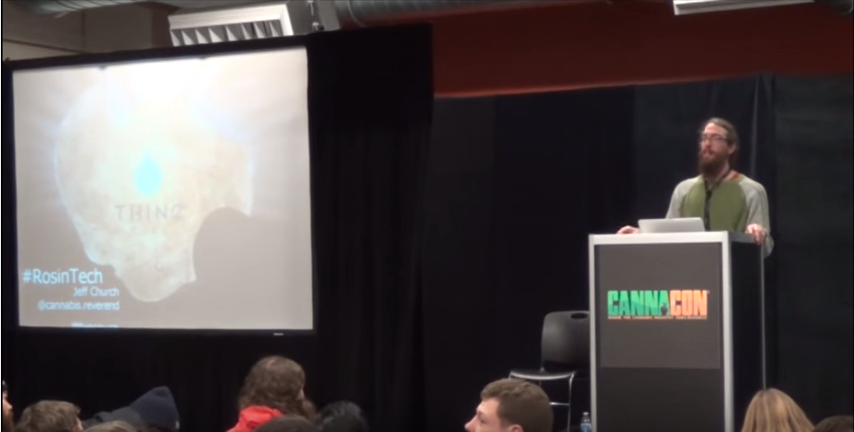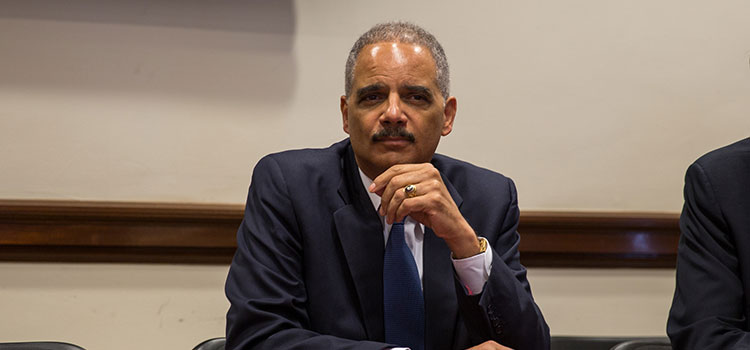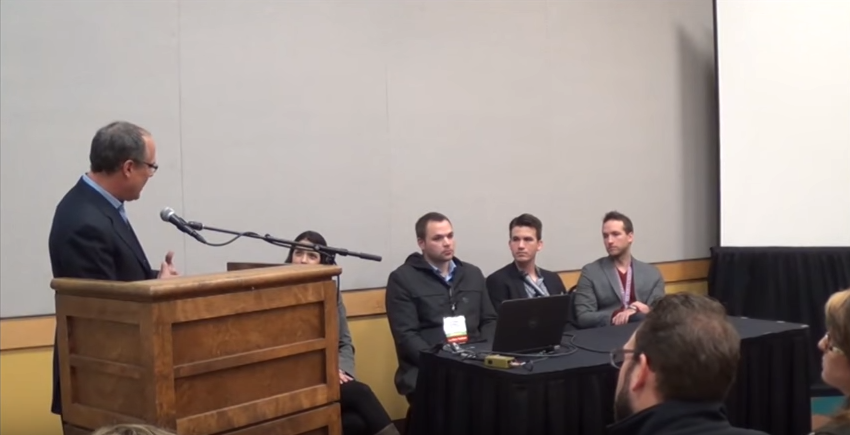Though the west coast has had a lock on U.S. cannabis culture for some time, the tides are turning nationwide, and it’s due time for some representation from America’s birthplace.
On the whole, New England is shaping up to be a promising locale for cannabis. Its growing medical marijuana industry includes Maine, New Hampshire, Vermont, Massachusetts, Rhode Island, and Connecticut.
Vermont has three pending legalization laws in the legislature, finally getting the chance to make official its long relationship with industrial hemp and cannabis. Lots of self-identified marijuana users hail from this state, and a recent poll showed that 56 percent of Vermonters support legalization while only about 34 percent would oppose it.
Maine is expected to legalize via voter initiative later this year, with a few years’ experience running a successful medical marijuana program already under its belt.
Massachusetts, though home to the business and technology hub of Boston, has had trouble gaining government support for adult use legalization. Two competing ballot initiatives faced off, but only one campaign collected enough signatures for 2016. With just a handful medical marijuana dispensaries just recently having opened, three years after the law permitting them was passed, Mass. pot shops are still having trouble doing business with low product supply and very high patient demand.
Rhode Island is also entering campaign season with a viable adult use initiative, which recently gained the support of a key legislator. Historically, Rhode Island citizens have had one of the highest rates of cannabis consumption in the country.
Connecticut has a medical cannabis program in place, but will likely not be legalizing adult use this year.
The New Hampshire House recently shot down a couple of legalization bills, but progress in neighboring states could provide a more supportive environment for policy change, especially given the fact that two thirds of voters showed their support for drug decriminalization, according to a recent poll.
Though New York is typically not considered part of “New England,” it’s the population center of the region and the state’s advances in medical cannabis policy cannot be overlooked. The state finally implemented its own government-supervised retail dispensary program last year, with a total of 393 physicians and 921 patients registered for the program in the first six weeks, and around a dozen storefronts either in operation or set to open soon.
Overall, the East Coast is home to a lot of individuals that support the legalization of marijuana; though stigma and federal illegality is still keeping many prospective New England patients out of the dispensaries. The legislative process seems to be the only hurdle here.
Even if for some reason these campaigns fall short, success is inevitable in the western states. If California, Nevada, and Arizona all choose to legalize adult use come November, it will create a cannabis super-region that will no doubt influence policy across the U.S. for the foreseeable future.
Will New England really be the next hotbed for cannabis, or will traditional values keep the industry low key? Time will tell – but what matters is that just about anywhere you choose to live in the United States, some form of legalization is well on its way.


























